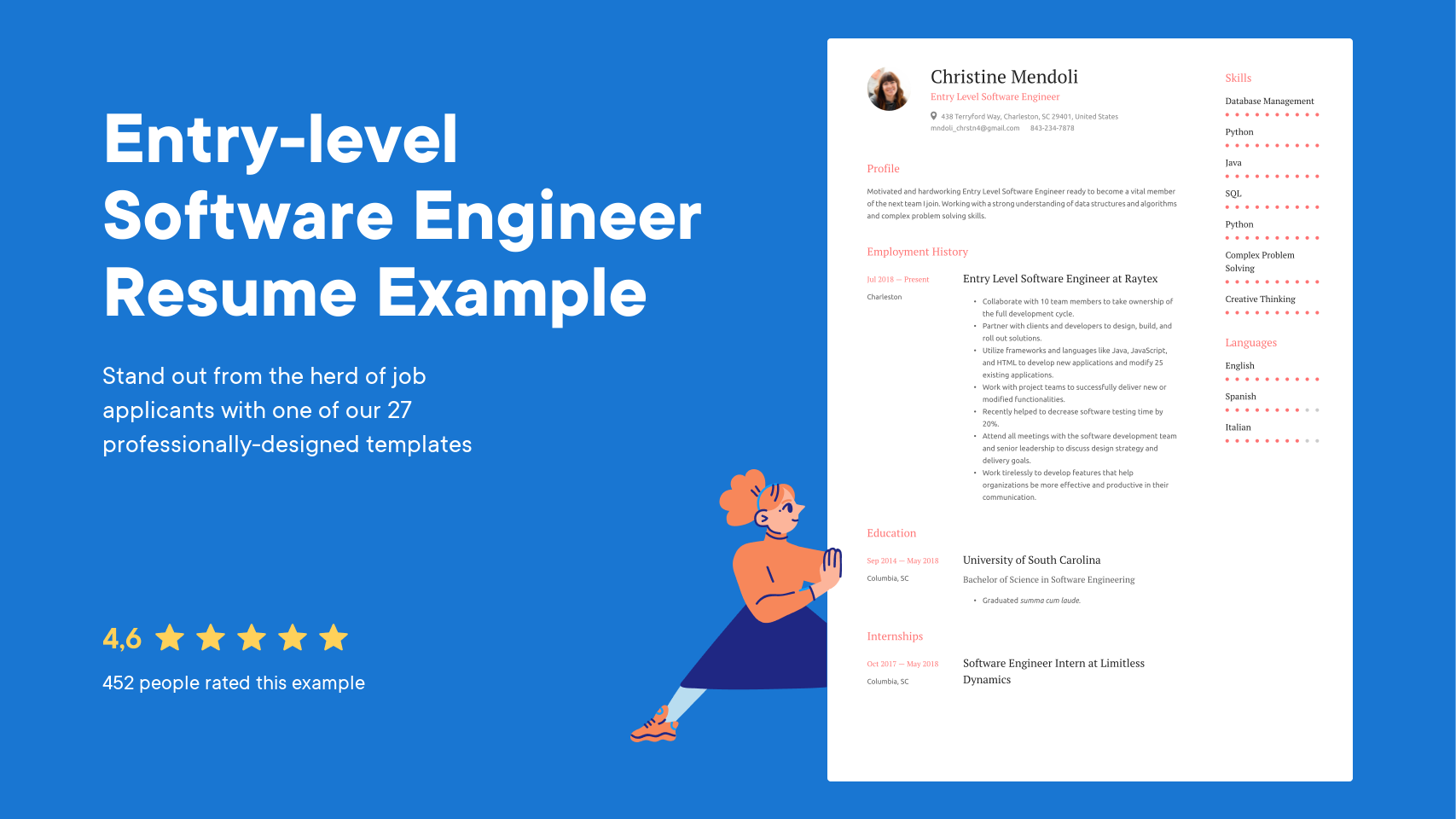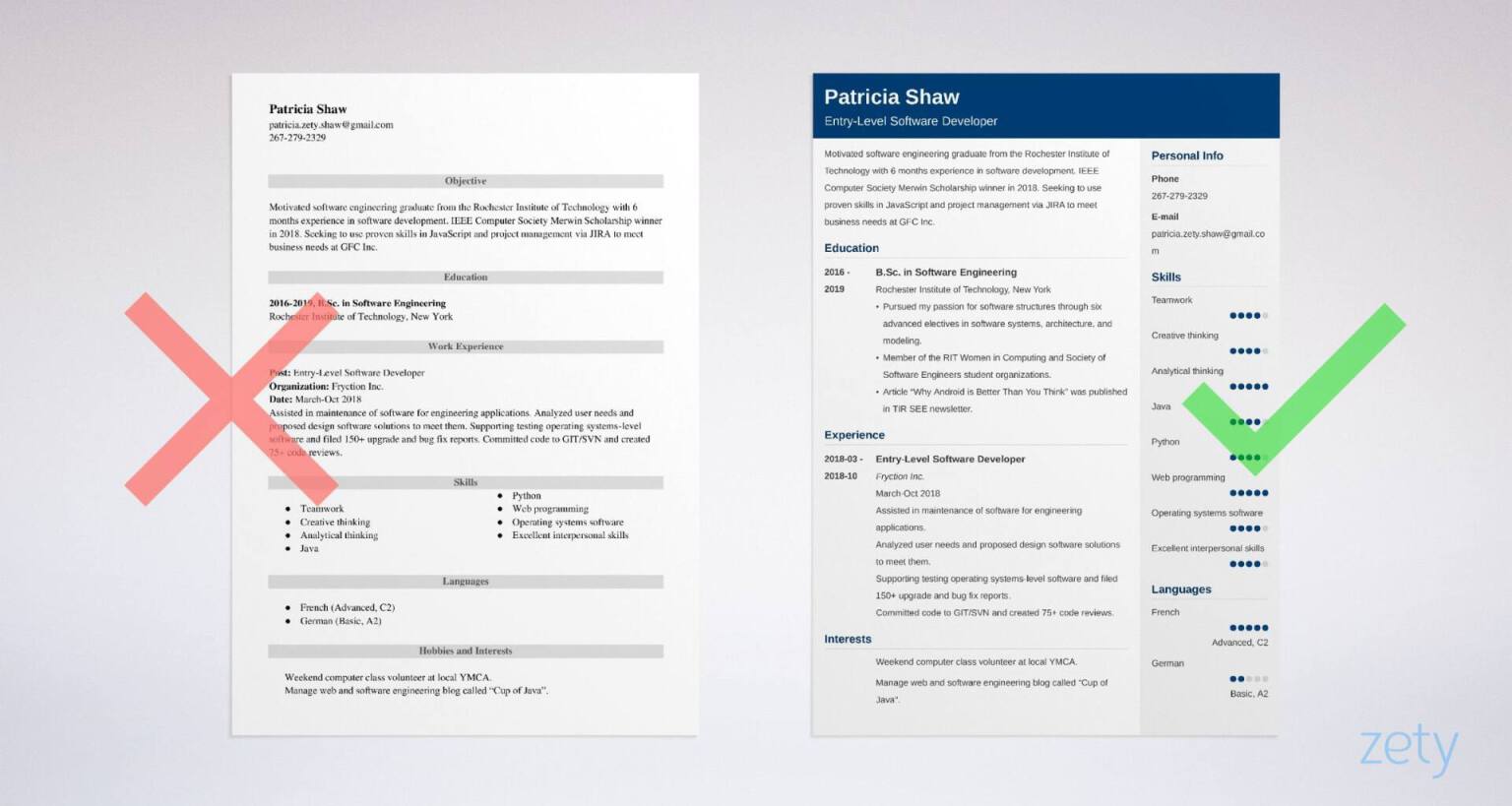Entry level software engineer is the starting point for many aspiring tech professionals who are eager to break into the world of software development. With technology driving innovation in every industry, this role offers a front-row seat to creative problem solving, hands-on learning, and the chance to work with experienced teams on impactful projects.
From daily coding tasks and collaborating on group projects to building technical skills and navigating interviews, entry level software engineers juggle a variety of responsibilities. This journey typically involves gaining proficiency with popular programming languages, participating in internships, and learning to adapt to new workplace cultures while planning for future career growth.
Role Overview and Responsibilities
An entry level software engineer typically joins a company with foundational programming skills, ready to contribute to real-world projects while continuing to learn on the job. They play a key role in supporting development teams, implementing features, fixing bugs, and collaborating with senior engineers as they build their professional experience. The expectations include a willingness to learn, adaptability, and a proactive approach to tackling new challenges in a team-oriented environment.
Main Duties and Expectations

Entry level software engineers are expected to work on coding tasks, assist in software testing, review code written by peers, and participate in team meetings. They often get involved in writing clean, maintainable code, investigating and resolving bugs, and documenting their work. Emphasis is also placed on collaborating with teammates and following established development processes.
Common Job Titles and Responsibilities
Positions for beginners in software engineering may have varying titles depending on the company and industry. Here is a table summarizing these roles, their typical duties, relevant industries, and required skills.
| Title | Typical Responsibilities | Industries | Required Skills |
|---|---|---|---|
| Junior Software Engineer | Develops features, fixes bugs, participates in code reviews | Technology, Finance, Healthcare | Programming languages, problem-solving, teamwork |
| Software Developer I | Implements user stories, maintains codebase, assists testing | Retail, E-commerce, Logistics | Version control, debugging, communication |
| Associate Software Engineer | Supports senior engineers, documents code, learns new tools | Startups, Media, Education | Adaptability, learning eagerness, technical writing |
| Entry Level Programmer | Codes basic components, follows specifications, resolves minor issues | Manufacturing, Government, Insurance | Attention to detail, basic algorithms, collaboration |
Daily Tasks and Activities
On a typical day, entry level software engineers engage in a mix of coding, meetings, and learning. They often start by checking emails or project management tools for new assignments, collaborate on feature development, and review feedback from senior engineers.
- Writing and testing code for assigned tickets or user stories
- Participating in daily standups or team meetings
- Debugging and troubleshooting software issues
- Documenting changes and updating technical documentation
- Pair programming with peers or mentors
- Learning new frameworks, tools, and coding standards
Collaboration with Team Members
Entry level engineers often work closely with QA testers, UX/UI designers, product managers, and other developers. For example, when implementing a new feature, they might refine requirements with a product manager, collaborate with designers to ensure UI consistency, and work with QA to test the final product. This collaborative environment helps them develop both technical and interpersonal skills, as well as a deeper understanding of how software products are built from concept to deployment.
Essential Technical Skills
Technical competency is a foundation for entry level software engineers. Acquiring and demonstrating proficiency in core programming languages, software development tools, and software quality practices is crucial for contributing effectively within a professional team. These skills not only help in day-to-day tasks but also pave the way for future advancement.
Core Programming Languages and Technologies
Familiarity with key programming languages is essential for most entry level positions. The specific technologies may vary depending on the company and industry, but some languages are routinely in demand across many sectors.
- Python: Widely used due to its readability and versatility, common in web development, data analysis, and automation.
- Java: Popular in enterprise environments, Android development, and large-scale applications.
- JavaScript: Central to front-end and full-stack development, used alongside frameworks like React or Angular.
- C++ or C#: Used in systems programming, game development, and desktop applications.
- SQL: Fundamental for working with databases and data-driven applications.
Common Software Development Tools

Entry level software engineers must be comfortable using various tools that streamline the development process. These tools facilitate coding, collaboration, and project management.
- Integrated Development Environments (IDEs) like Visual Studio Code, IntelliJ IDEA, or Eclipse
- Version control systems such as Git and GitHub
- Issue tracking and project management tools like Jira, Trello, or Asana
- Debuggers and profilers included within IDEs or as standalone utilities
- Continuous integration tools such as Jenkins or GitLab CI
Version Control Systems
Understanding version control is a must-have skill, as it enables collaboration, code tracking, and project history management. Git is the predominant system in modern software teams.
To create a new branch in Git, use
git checkout -b feature-branch. After making changes, commit them withgit commit -m "Description", then push to the remote repository usinggit push origin feature-branch.
Debugging and Testing Skills
Debugging and testing are critical to ensuring software reliability and quality. Entry level engineers should adopt a problem-solving mindset and be comfortable using tools and frameworks for identifying issues early in the development cycle.
- Unit testing frameworks like JUnit (Java), PyTest (Python), or Jest (JavaScript)
- Writing automated tests to validate code behavior
- Employing breakpoints, stack traces, and logging for troubleshooting
- Participating in code reviews to catch bugs and improve maintainability
Strong skills in debugging and testing help prevent costly mistakes and foster good engineering habits from the outset.
Educational and Professional Background
Preparation for a career as an entry level software engineer can take various forms, from traditional academic routes to alternative learning paths. The educational background and practical experience acquired play significant roles in shaping a candidate’s readiness for the workplace.
Typical Educational Paths and Degrees, Entry level software engineer

Most entry level software engineers have at least a bachelor’s degree in computer science, software engineering, or a related field. Some also come from backgrounds such as mathematics, physics, or electrical engineering with supplemental programming coursework. Increasingly, companies are considering candidates with non-traditional backgrounds who demonstrate strong programming ability and a passion for technology.
Comparing University Degrees and Alternative Learning Routes
While a university degree remains a common path, bootcamps and self-study programs offer intensive, practical training for those seeking to enter the field more quickly or change careers. Below is a comparison of these educational routes:
| Path | Duration | Key Benefits | Typical Challenges |
|---|---|---|---|
| Bachelor’s in Computer Science | 3-4 years | Comprehensive theory, networking opportunities, recognized credentials | High cost, longer time commitment |
| Software Engineering Bootcamp | 3-6 months | Intensive skill-building, portfolio projects, quick entry to job market | Less theoretical depth, may require self-discipline |
| Self-Study (Online Courses) | Flexible | Low cost, learn at own pace, broad resource selection | Requires strong motivation, fewer networking opportunities |
| Associate Degree in IT | 2 years | Faster than a bachelor’s, hands-on approach, affordable | Limited to junior roles, may need further education |
Certifications for Career Starters
Certifications can help entry level candidates validate their skills and knowledge, especially when transitioning from a non-traditional background. Industry-recognized certificates, such as AWS Certified Developer, Microsoft Certified: Azure Fundamentals, or CompTIA IT Fundamentals, show employers a commitment to professional growth and technical excellence.
Value of Internships and Co-op Experiences
Internships and co-op programs offer real-world exposure to software development environments, allowing students and career changers to gain practical experience, build confidence, and make valuable industry connections before starting their first full-time role.
Ultimate Conclusion: Entry Level Software Engineer
Starting as an entry level software engineer opens doors to a world of professional growth and learning. With dedication, continuous upskilling, and an openness to feedback, newcomers can quickly adapt and contribute to dynamic teams while building a solid foundation for a rewarding tech career.
FAQ Explained
What does an entry level software engineer do daily?
Typical daily tasks include writing and testing code, fixing bugs, attending team meetings, and collaborating with other engineers on projects.
Do I need a computer science degree to get an entry level software engineer job?
No, while a degree is helpful, many companies hire candidates who learned through bootcamps, self-study, or relevant certifications.
Which programming languages should I focus on?
It depends on the company, but Python, Java, JavaScript, and C++ are commonly used for entry level roles.
Is remote work common for entry level software engineers?
Yes, many companies now offer remote or hybrid options for new engineers, though some may prefer onsite collaboration for training.
How can I improve my chances of getting hired?
Build a strong portfolio, contribute to open source, network with professionals, and practice coding interview problems regularly.